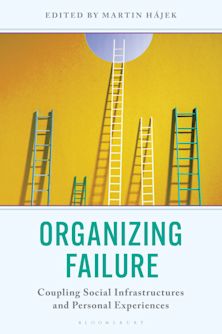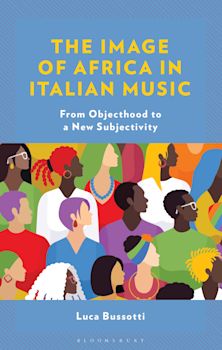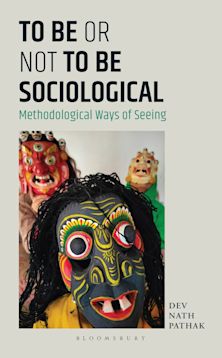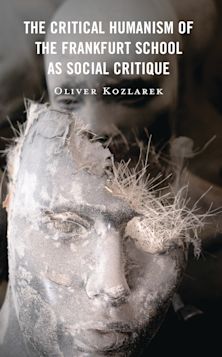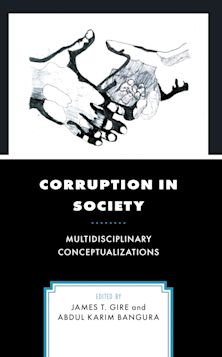The Social Routes of the Imaginary
The Social Routes of the Imaginary
This product is usually dispatched within 1 week
- Delivery and returns info
-
Free US delivery on orders $35 or over
Description
The question of imaginary starts where its opposition to reality ends. Once this opposition is dismissed, it becomes possible thinking of imaginary as a mean of construction and transformation of the social reality. A series of essays – regarding the taking form of socio-anthropological environments; the collective dynamics of social integration; the mass media metamorphosis; the politics legitimation processes; the symbolic dimension of economics and that of the material culture; the representation of otherness – trace an analytical perspective in which imaginary represents an essential tool for a deep understanding of social phenomena.
Contributors: Sergio Brancato, Francesca Colella, Stefano Cristante, Fabio D'Andrea, Valentina Grassi, Pier Luca Marzo, Milena Meo, Luca Mori, Maria Giovanna Musso, Domenico Secondulfo, Antonio Tramontana, and Pier Paolo Zampieri
Table of Contents
Introduction: The Sociological Perspective of the Imaginary, Pier Luca Marzo and Luca Mori
1: The Imaginary Nature of the Social: A Morphological Approach, Pier Luca Marzo
2: The Power of Image: Imaginary, Knowledge and Method in the Social Creation of Reality, Fabio D'Andrea and Valentina Grassi
3: The Imaginary and The Social Bond: The unconscious life of representations, Luca Mori
4: Imaginary, Technology, and Social Change, Maria Giovanna Musso
5: Imaginary and Communication: From the corporal Device of Homo sapiens to the typographical imaginary of early modernity, Stefano Cristante
6: Imaginary and Communication: From the analogical body of technical reproducibility to the digital imaginary, Sergio Brancato
7: The Matter of Imaginary in the Dynamics and Tensions of the Social World, Antonio Tramontana
8: The Material and the Imaginary, Vincenzo Mele
9: The Imaginary Roots of Politics: A Weberian Reading, Milena Me
Product details
| Published | May 02 2023 |
|---|---|
| Format | Hardback |
| Edition | 1st |
| Extent | 250 |
| ISBN | 9781538175118 |
| Imprint | Rowman & Littlefield Publishers |
| Illustrations | 2 b/w illustrations; 1 b/w photos; |
| Dimensions | 9 x 6 inches |
| Publisher | Bloomsbury Publishing |
Reviews

ONLINE RESOURCES
Bloomsbury Collections
This book is available on Bloomsbury Collections where your library has access.













